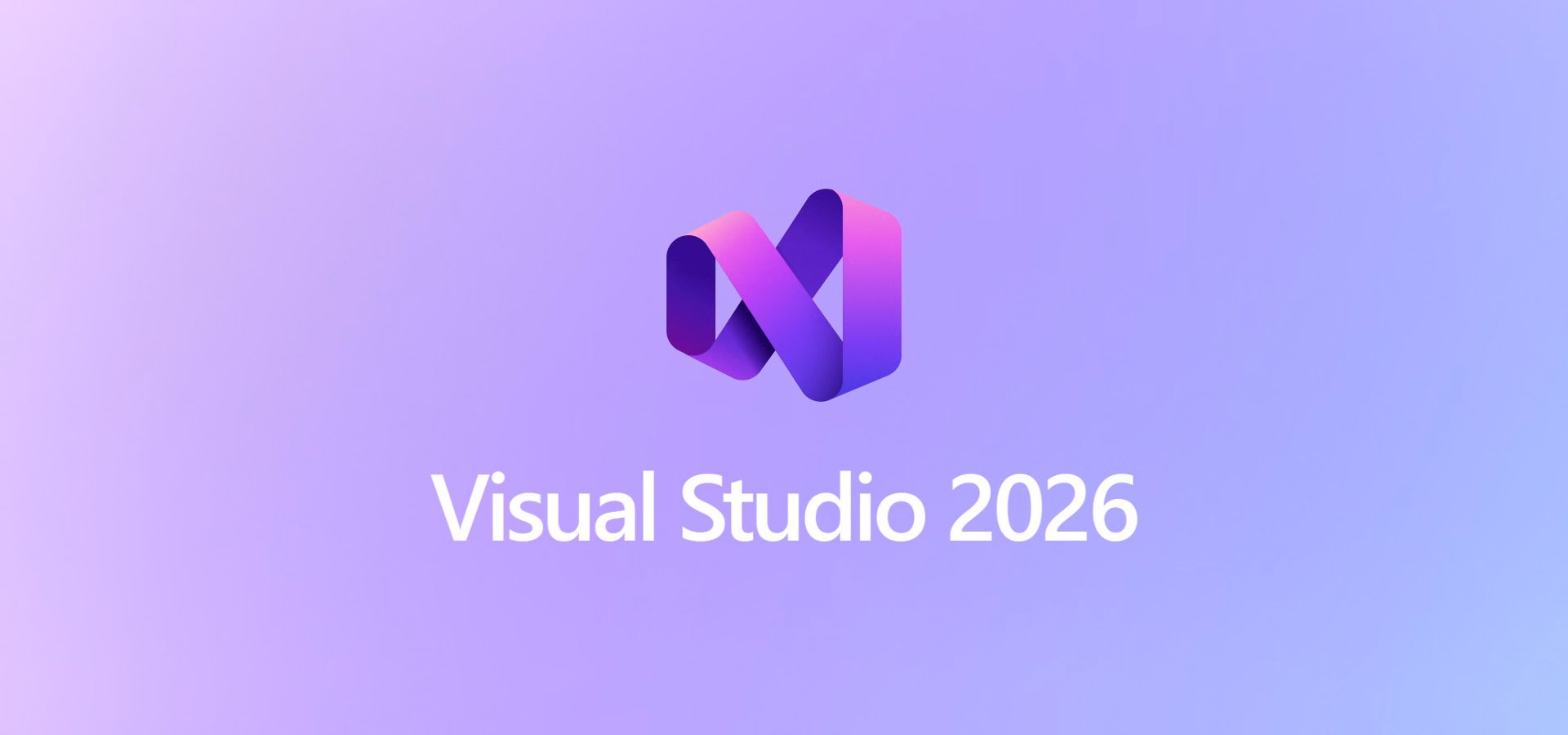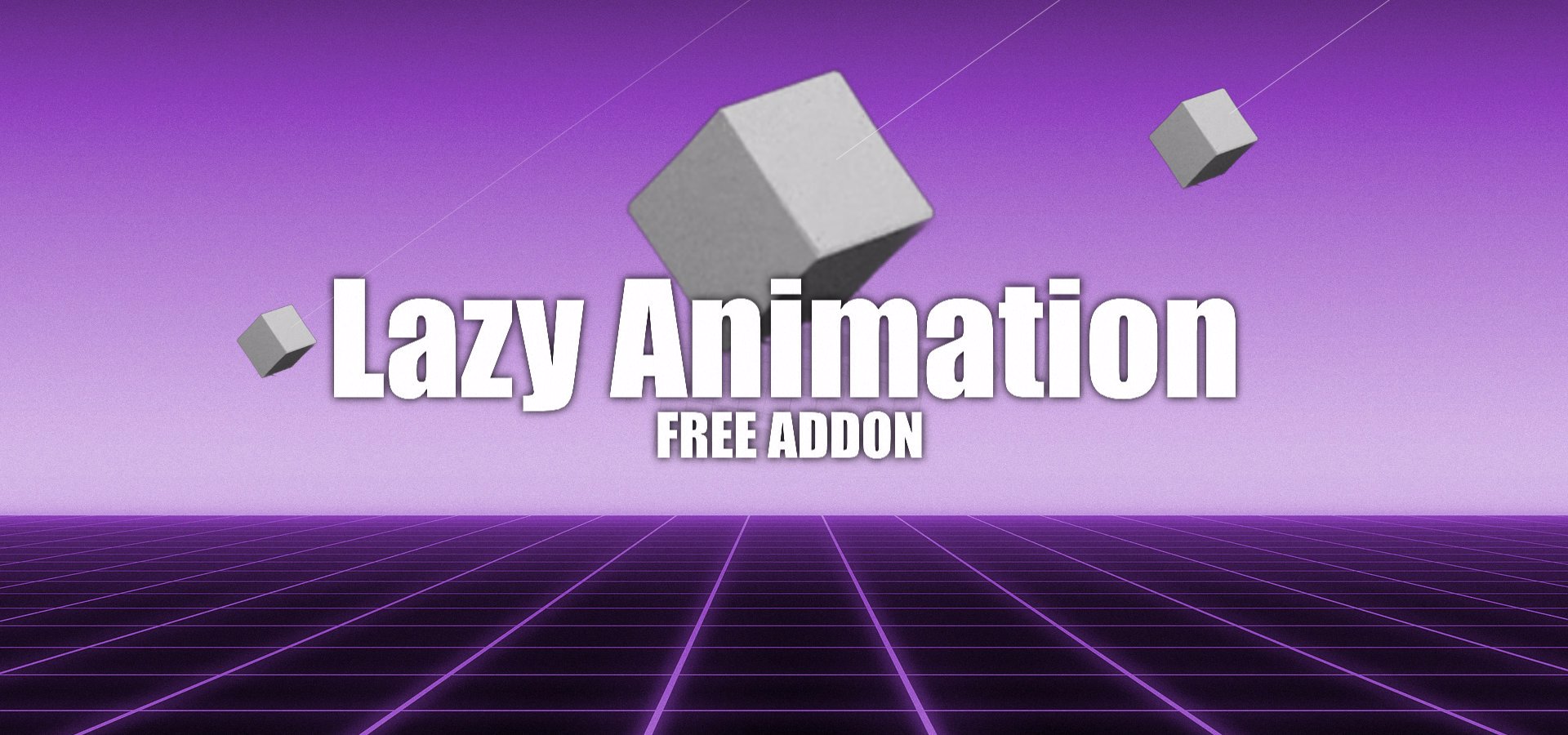Valve has recently released a new update for Steam Audio. Alongside this release, a new open-source licensing model has been introduced for the Steam Audio SDK, making the entire Steam Audio codebase open source.
Steam Audio is a spatial audio solution that has been used in Valve's own game titles including Half Life: Alyx and DOTA 2. It offers features such as real-time sound propagation, occlusion and reflection, backed propagation, HRTF (Head-related transfer function)-based 3D audio, support for ambisonics, and more.
In the words of Emily Ridgway, a Valve employee: "With Steam Audio, sound appears to flow and wrap its way around mazes and corridors accurately, and adapts to changes in geometry and materials on the fly."
The Steam Audio SDK has adopted the Apache-2 license, joining the Unity, Unreal, and FMOD Studio plugins, which were previously open-sourced.

Valve made this decision in response to valuable feedback and contributions from plugin users. Additionally, the shift was driven by instances where development priorities diverged from partners' needs.
One cited example is when the development team is focused on fixing a performance issue affecting an internal project, while a partner requires Steam Audio to be ported to a console platform.
With this change, partners can now independently handle the porting process, tailor it to their specifications, and have the option to contribute their modifications back if desired.
The updated licensing model allows developers to use Steam Audio in commercial products, and modify or redistribute it under their own licensing terms, without having to include source code. Valve encourages developers to contribute by fixing bugs or adding features to Steam Audio.
For more information and to access downloads and source code, visit the Steam Audio page on GitHub.io.




